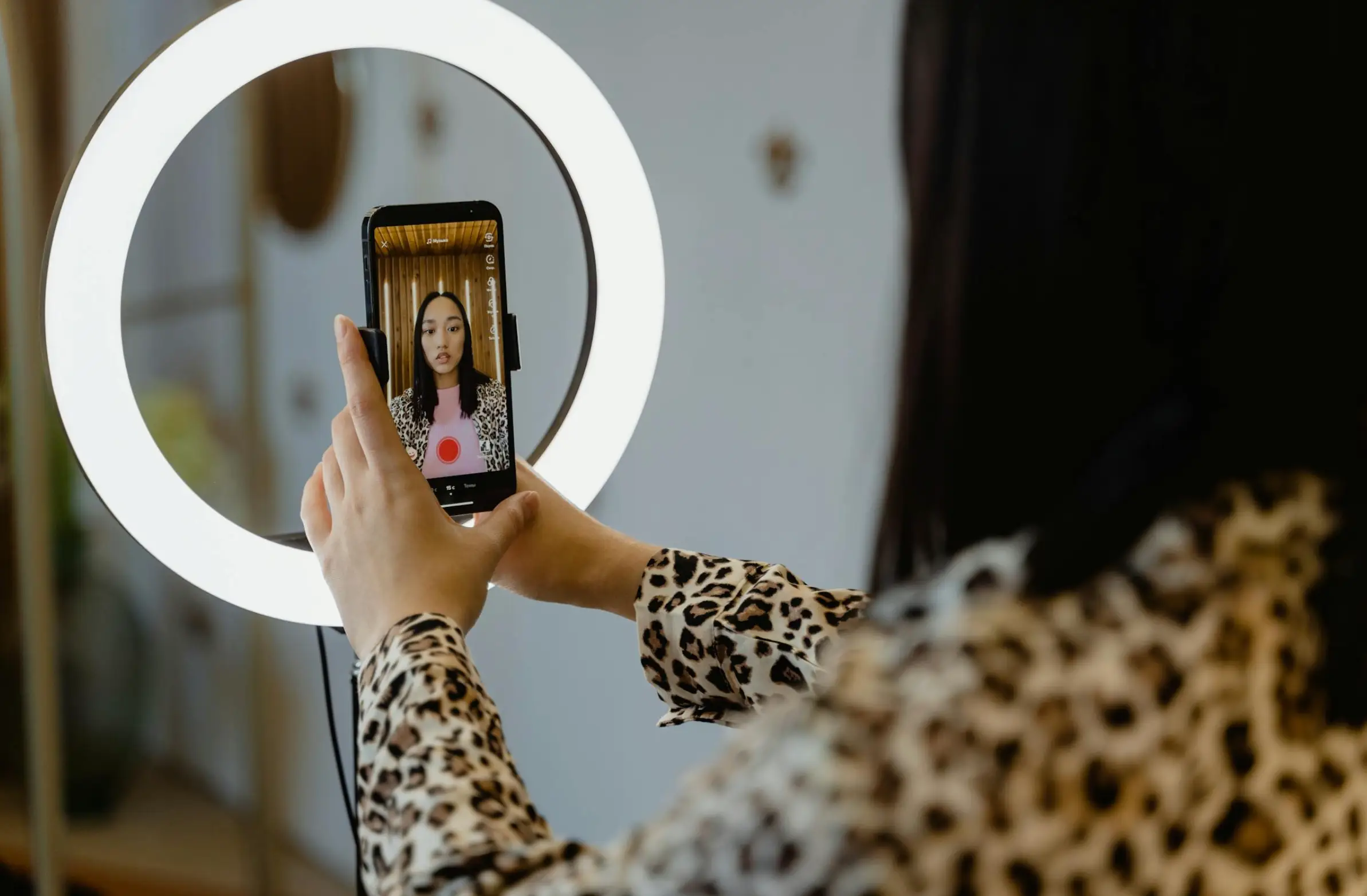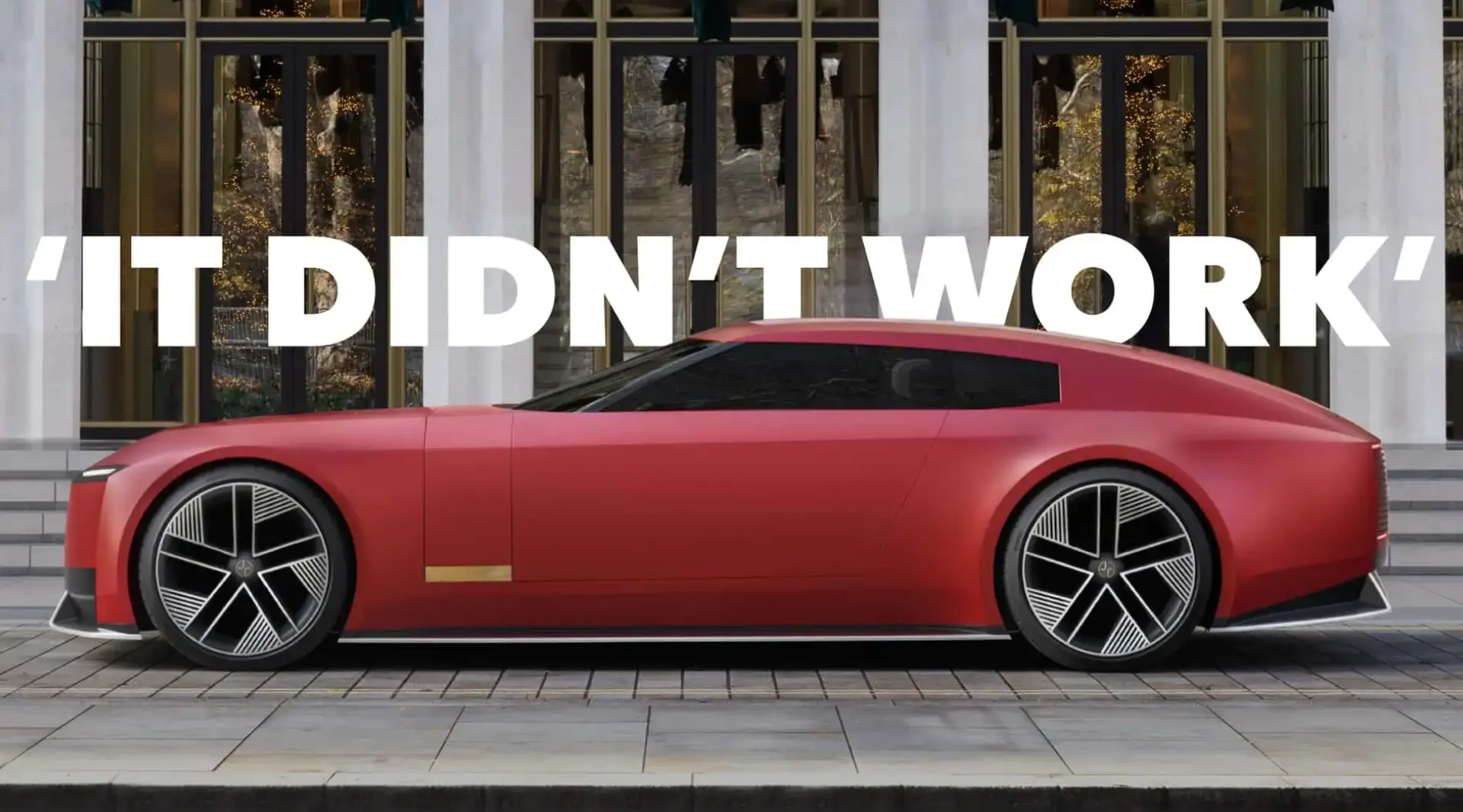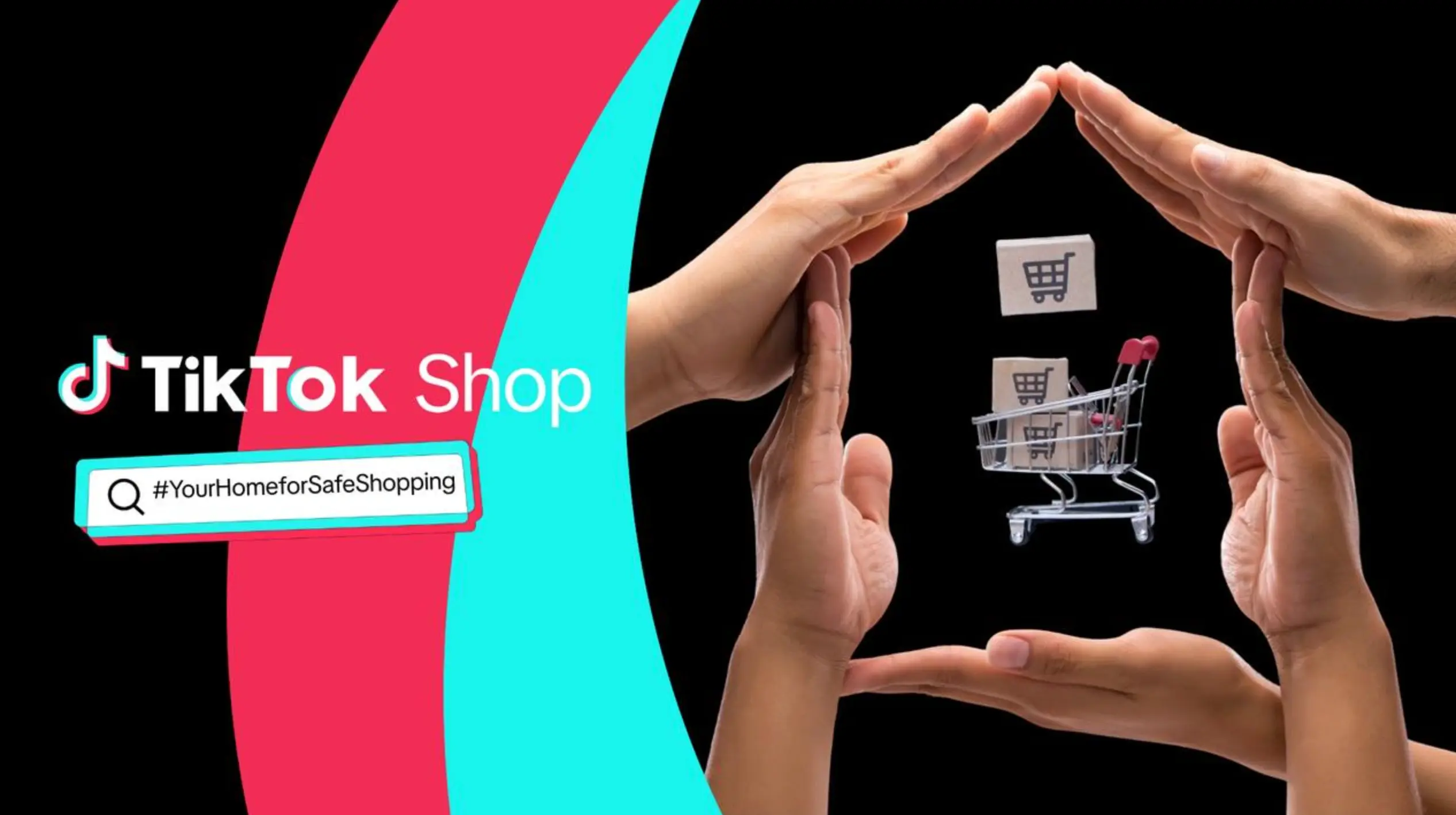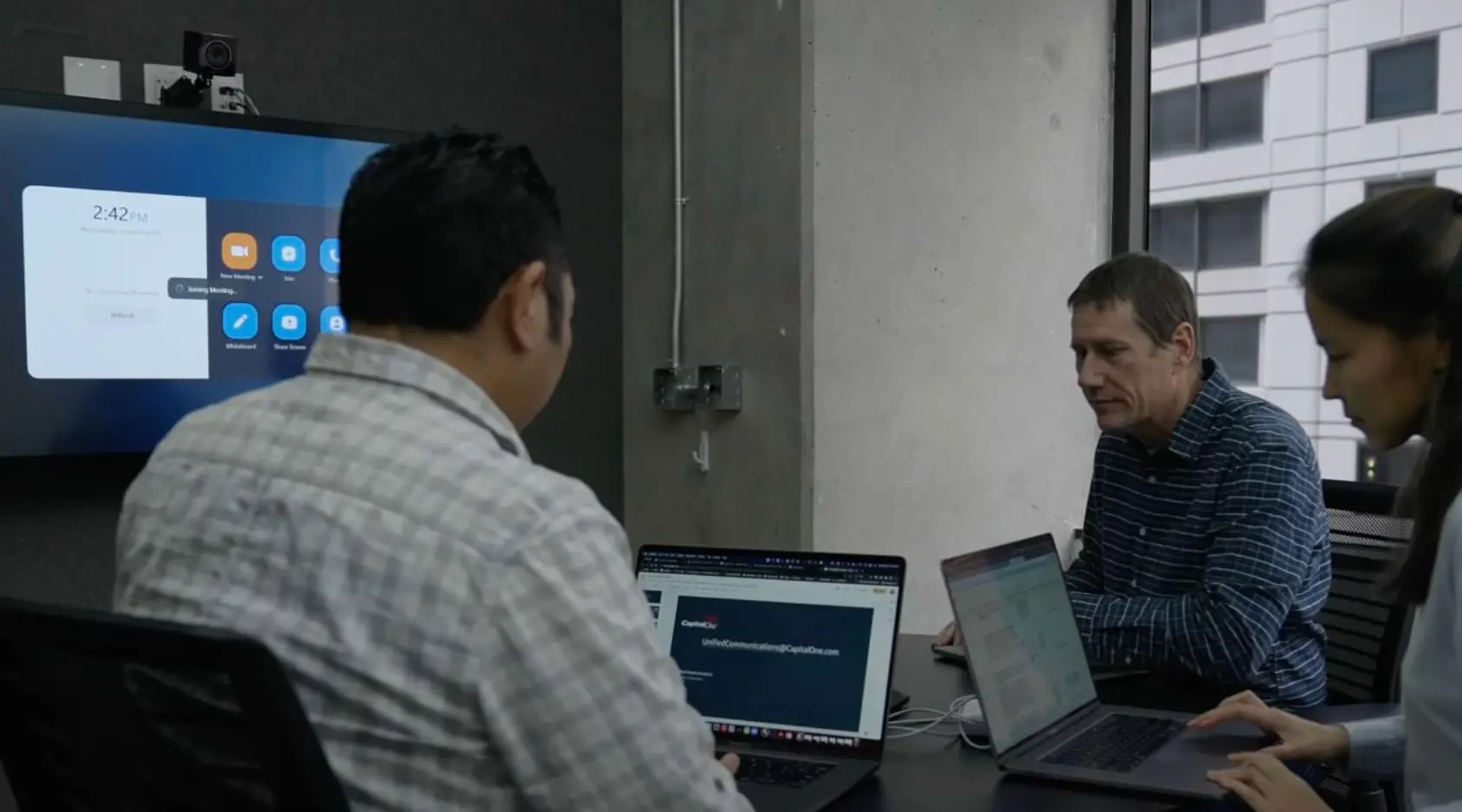Chipotle's Is Facing A Backlash On TikTok: Here's Why
Updated on
Published on


Where opinions can go viral in an instant, no brand is immune to the power of consumer voices. Chipotle, the beloved fast-food chain celebrated for its fresh ingredients and customizable options, recently found itself in the midst of a social media storm. Comedian Ryan Lynch's viral TikTok video, suggesting that Chipotle switch to measuring cups for consistent portions, triggered a wave of discussions and controversies surrounding the perceived decline in portion sizes and overall quality.
The dedication to using fresh, high-quality ingredients and allowing customers to personalize their meals have been hallmarks of Chipotle's rise to prominence as a fast-food king. The brand's success is evident in its positive financial performance and its status as a go-to option for those seeking a quick and relatively healthy meal. Ryan Lynch's TikTok video, posted in late October, quickly gained traction with its straightforward message: Chipotle should use measuring cups for consistency in portion sizes. Lynch's video, which garnered 4.8 million views and widespread support, highlighted the frustration of customers who felt they were not getting the consistent portions they expected.
Laurie Schalow's initial response from Chipotle emphasized the company's commitment to customization. Schalow stated that guests could customize their meals by specifying desired portions or digitally selecting options. Despite the call for change, Chipotle insisted that it had not altered its portion sizes and continued to receive praise for the value its entrees offered. As the initial TikTok gained momentum, other users joined the conversation, sharing their experiences and opinions on Chipotle's portion sizes and overall food quality. Social media platforms, particularly TikTok, became a battleground for customers expressing dissatisfaction, drawing parallels to previous instances where consumers took to social media to voice concerns about products and services.
TikToker Candace added a new layer to the controversy, proposing a theory that Chipotle was responding directly to the portion size discourse through a marketing strategy. She suggested that influencers were being used to counter the negative narrative by showcasing full-sized burrito bowls on social media. Chipotle's official social media accounts posted images of complete burrito bowls, seemingly in response to the criticisms. However, users remained skeptical, with some expressing that their actual experiences did not align with the images posted by influencers and Chipotle's official accounts. The concept of "shrinkflation," where products become smaller while maintaining the same price, emerged in discussions, adding a layer of suspicion to the ongoing controversy.
User testimonials on social media platforms provided a mixed bag of experiences. While some customers praised Chipotle for consistent portions and quality, others expressed dissatisfaction, claiming their portions were noticeably smaller than before. In response to customer complaints on TikTok, Chipotle employees emphasized that corporate decisions determined portion sizes, deflecting responsibility from frontline staff. The discrepancy between customer expectations and reality showcased the challenges faced by Chipotle in maintaining a consistent standard across its numerous locations.

Marketing experts weighed in on the situation, emphasizing the need for brands to respond authentically to consumer concerns. Tim Calkins, a marketing professor, stressed that acknowledging the request and investigating potential changes would go a long way in maintaining authenticity. Julie Craig, VP of shopper insights at Kantar, acknowledged potential operational challenges, including training considerations and concerns about food safety and sanitation. These operational challenges shed light on the intricacies of maintaining consistency in a fast-food chain with high customer expectations. While Chipotle's commitment to customization is a significant part of its brand identity, it also presents challenges in ensuring uniformity in portion sizes.
The Chipotle portion size backlash is not an isolated incident. Recent lawsuits against other fast-food chains and their responses to negative reviews have become reference points for understanding how the industry navigates such challenges. The article examines the lessons learned from these incidents and how brands successfully or unsuccessfully managed similar controversies. Chipotle's reputation, carefully built over the years, now faces the challenge of negative consumer sentiment. The article delves into the impact of the portion size controversy on customer trust and loyalty, comparing the brand's current situation with its previous reputation management strategies. Insights from marketing professionals underscore the importance of authenticity in addressing customer concerns and maintaining a positive brand image.
Despite the ongoing controversy, Chipotle has chosen to remain silent, refusing to respond to inquiries from In the Know by Yahoo. The article explores the potential consequences of this silence, including the risk of further damaging the brand's reputation and the importance of timely and transparent communication in crisis management. Chipotle's portion size backlash reflects the evolving nature of social media's impact on brand perception. The controversy highlights the challenges faced by brands in responding to consumer concerns and maintaining consistency across a large and diverse customer base. The article emphasizes the need for authenticity, transparency, and timely responses in navigating such crises, underscoring their long-term effects on a brand's relationship with its customers. Chipotle's journey through this controversy serves as a case study in the era of instant communication and the power of consumer voices in shaping brand narratives.







